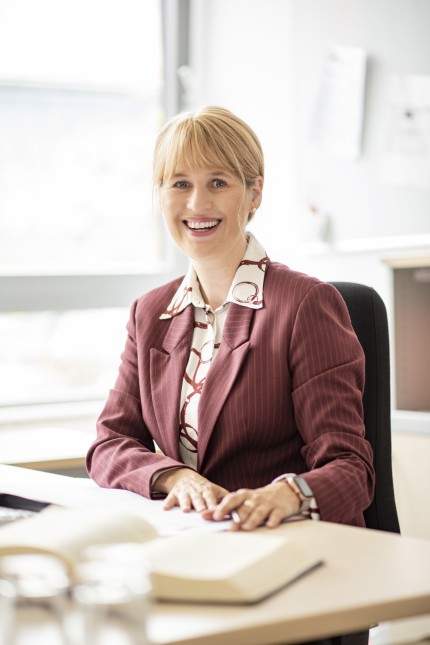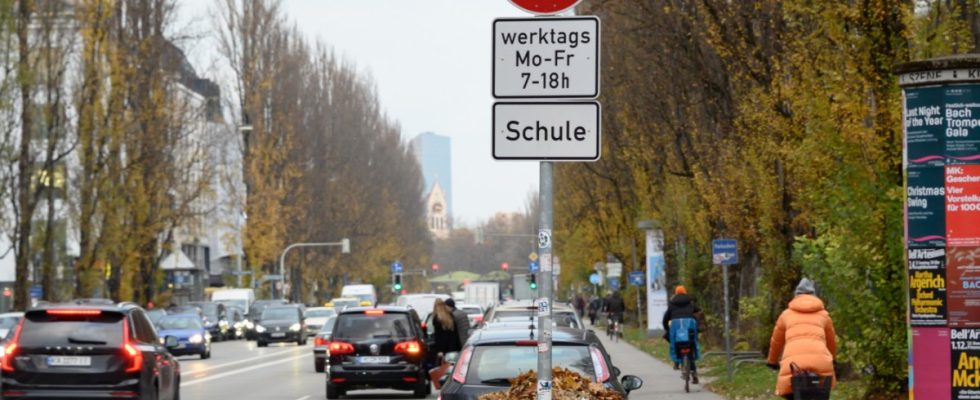A strong dash of Copenhagen, a bit of Vienna and a small pinch of Milan – that would be the recipe with which experts from six European countries would season the “Munich mixture” in municipal housing construction. The municipal housing company GWG, which has been involved in this for almost 20 years, has carried out a corresponding survey European Housing Network (Eurhonet) belongs to an association of around 30 municipal housing companies from Germany, France, Italy, Sweden, Austria and Great Britain. At a workshop, the network partners looked at the city through European lenses.
Munich doesn’t seem overcrowded and is green and clean, according to the evaluation. But according to those surveyed, housing and heating costs are high, car traffic is very fast, and street lighting is not bright enough. There was praise for the “Munich mix”, meaning that residential areas were not left behind thanks to social support strategies. But the “human touch” in housing construction could be more pronounced, the critics said. The GWG interprets this to mean that residential areas could be designed to be even more socially inviting and architecturally progressive.
The experts saw the lack of living space and the high construction costs as the problem. They wanted more pedestrian and bicycle friendliness à la Copenhagen, more urban quality of life like in Vienna and some of Milan’s economic dynamism, also to sharpen Munich’s urban profile.
Eurhonet, founded in 2006, is a network in which experts exchange ideas about urban development. The problems in municipal housing construction are similar across Europe – all cities are struggling with climate change, with high construction costs and social exclusion, and must build sustainably and promote digitalization. However, the approaches to solving the problem are often different in the individual countries. The network partners – from metropolises like Paris and provincial towns like Tumba in Sweden – learn from each other. And they learn without thinking about competition, says Alessia Pareschi from GWG Corporate Communications. The 38-year-old represents the GWG together with general counsel Anja Bader, 54, at Eurhonet.
Alessia Pareschi from GWG Corporate Communications heads the digital communications working group at Eurhonet.
(Photo: JonasNefzger/oh)

GWG legal counsel Anja Bader is one of the three German representatives on Eurhonet’s board of directors.
(Photo: Jonas Nefzger/oh)
The range of topics for which solution ideas are developed in the network is large. From France, for example, there is an approach to tenant surveys that takes into account the expectations of individual age groups from their apartment, and from England there is a concept for training property management employees in dealing with older tenants who have little experience with bureaucracy and the Internet. And when it comes to digital accessibility, where the GWG is already well advanced, the colleague from Great Britain was able to see the system live in Munich, reports Alessia Pareschi. “This is better than any software brochure.”
Anja Bader, on the other hand, talks about the flexible passive house concept that a Eurhonet working group developed taking regional differences into account – after all, in Sweden you need more insulation and different windows than in southern Italy. In a practical test in Bremen, such a house had a heating requirement of 6.7 kilowatt hours per square meter per year. The average is 15 kilowatt hours.
Even after the merger with Gewofag to form Münchner Wohnen at the beginning of 2024, the GWG employees want to continue with European networking. “We really hope that we can motivate even more colleagues to take part,” says Anja Bader.

